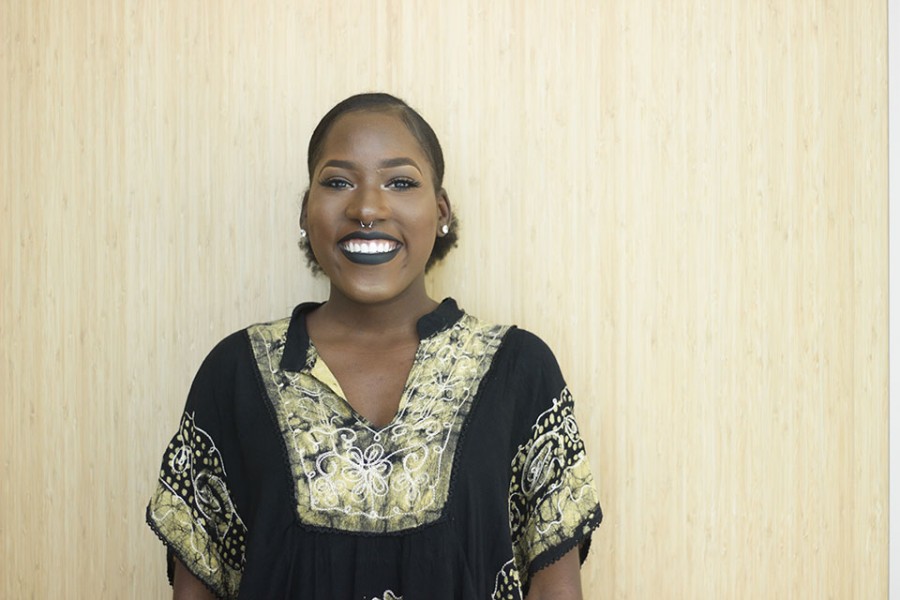CSU faculty, staff highlight the importance of cultural inclusion in academics
February 10, 2016
Drawing from the passion of the Black Lives Matter movement, panelists at the next Conversations that Matter event will present the push for black/Africana studies at CSUSM.
Black/Africana Studies Matter will take place from 4 p.m. to 6 p.m. on Feb. 17 at the Reading Room in Kellogg Library, room 5400.
Expected panelists from CSUSM include Dr. Sharon Elise and President Daniesha Thornton of the Black Student Union. Other expected panelists are Dr. Melina Abdullah from the Department of Pan-African Studies at CSULA and Dr. Charles Toombs from the Department of Africana Studies at SDSU.
“If someone takes a [black studies] course, they have an incentive to really understand the black culture and black studies,” said Thornton. “I think it’s highly, highly important that people know that it just simply matters.”
Organizers have expressed the relevance of a black/Africana studies program to everyone, rather than to just one racial community.
“People have to understand the impact and the relation that the program has to academic discourse overall,” said Ariel Stevenson, Administrative Coordinator of the Office of Diversity, Educational Equity and Inclusion & Ombud Services at CSUSM.
The event will also explore past efforts of faculty, staff and students at CSUSM to create a black studies program.
There is “an ongoing issue of how these programs—various ethnic studies—get organized around the country. So we want to make sure that we have something that will really speak very specifically to black issues, black culture [and] black history,” said Dr. Elise.
While CSUSM offers two ethnological minors within the broad Ethnic Studies program and a concentrated American Indian Studies program, the university offers no ethnological majors and no black studies program.
By comparison, SDSU has had a Department of Africana Studies for over 40 years.
“The fact of the matter is that black studies is flourishing in other places. There are annual gatherings of black studies scholars and there are new methodologies and frameworks that are emerging and we are not up with that. It’s not available to students on our campus, and I think that’s shortsighted,” said Dr. Elise.
Dr. Elise and Dr. Toombs share a common view of the need: While various departments offer courses relating to black/Africana studies, they aren’t taught from black/Africana perspectives.
Dr. Elise said broad multicultural literature courses, for instance, don’t necessarily offer students the opportunity to “encounter black culture.”
Dr. Toombs agreed. He said, “Traditional departments might offer courses dealing with different ethnic groups, but it doesn’t mean that they’re offering those courses from the perspectives of Africana studies, or Chicana/Chicano studies or American Indian studies, because these are disciplines and they have their own perspectives.”


